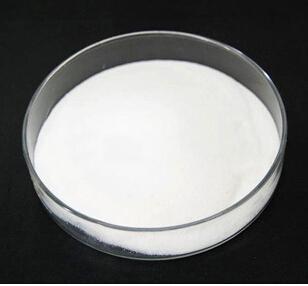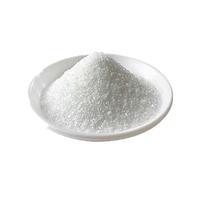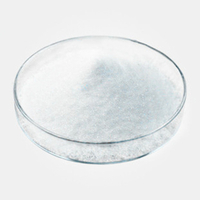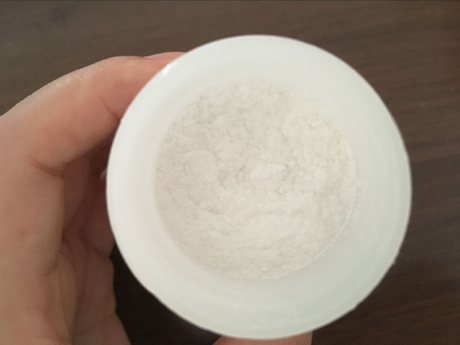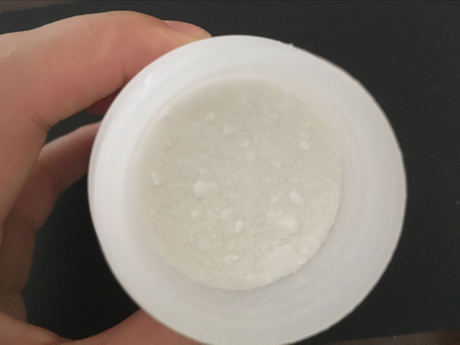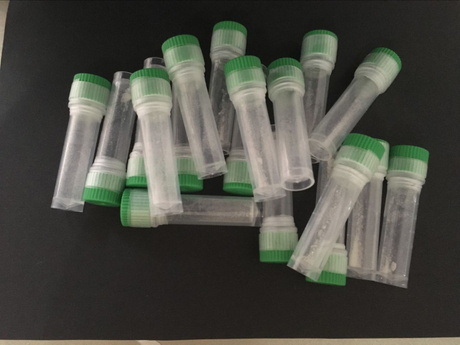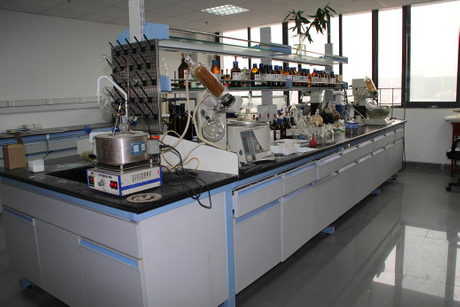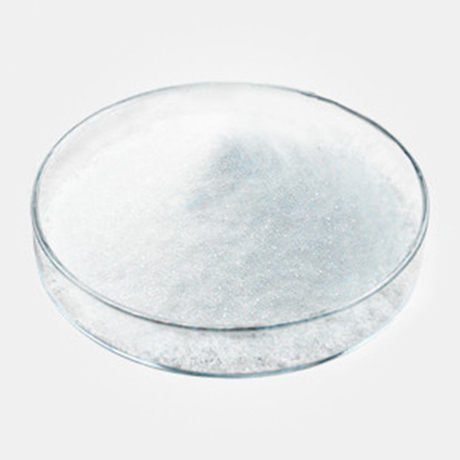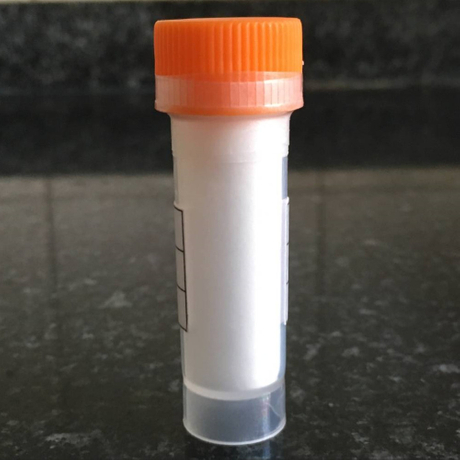Peptide Therapy: A Comprehensive Guide to Uses, Benefits, and Considerations
Peptide therapy has gained significant attention in recent years as a cutting-edge approach to improving health, managing chronic conditions, and enhancing overall well-being. With applications ranging from anti-aging to athletic performance, peptide therapy is transforming modern medicine. In this guide, we’ll explore what peptide therapy is, how it works, its benefits, side effects, purpose, and costs to help you decide if it’s right for you.
What Is Peptide Therapy?
Peptide therapy involves the use of specific peptides to stimulate natural biological processes in the body. Peptides are short chains of amino acids that serve as the building blocks of proteins. They function as signaling molecules, communicating with cells to regulate various physiological functions, such as hormone production, tissue repair, and immune responses.
Unlike synthetic drugs, peptides mimic natural processes, making them highly targeted and effective with fewer side effects. Administered via injections, oral supplements, or topical treatments, peptide therapy can be customized to address individual health needs.
What Does Peptide Therapy Do?
Peptide therapy is designed to support and enhance the body’s natural functions. Here are some key areas where it can make a difference:
1. Anti-Aging and Skin Rejuvenation
Stimulates collagen production to improve skin elasticity.
Reduces fine lines and wrinkles.
Promotes hair growth and skin repair.
2. Weight Management and Metabolic Support
Enhances fat metabolism and promotes weight loss.
Increases lean muscle mass.
Regulates appetite and energy levels.
3. Muscle Building and Athletic Performance
Boosts muscle recovery and growth.
Enhances physical endurance and strength.
Speeds up recovery from injuries.
4. Immune System Support
5. Cognitive and Mental Health
6. Hormone Regulation
7. Chronic Diseases and Pain Management
Supports joint and cartilage repair.
Reduces symptoms of chronic pain.
Helps manage autoimmune conditions.
What Are the Side Effects of Peptides?
While peptide therapy is generally considered safe, it’s essential to understand the potential side effects. These can vary depending on the type of peptide and individual response. Common side effects include:
Injection Site Reactions: Redness, swelling, or irritation at the injection site.
Hormonal Imbalances: Overuse can lead to imbalances in growth hormones.
Gastrointestinal Issues: Nausea or digestive discomfort in some cases.
Allergic Reactions: Rare but possible, including rash or breathing difficulties.
To minimize risks, always consult a qualified healthcare provider for proper dosing and monitoring.
What Is the Purpose of Peptide Therapy?
The primary purpose of peptide therapy is to optimize the body’s natural functions for better health and performance. By targeting specific biological processes, peptide therapy can:
Prevent and slow down aging.
Enhance physical and mental well-being.
Support recovery from injuries and illnesses.
Improve overall quality of life.
Whether you aim to boost your athletic performance, manage a chronic condition, or simply look and feel younger, peptide therapy offers a highly personalized approach.
What Is the Average Cost of Peptide Therapy?
The cost of peptide therapy can vary widely depending on the type of peptides used, the duration of treatment, and the healthcare provider. On average, you can expect to pay:
Consultation Fees: $100 to $300 for an initial assessment.
Monthly Costs: $200 to $600 for ongoing peptide injections or prescriptions.
Specialized Programs: Some therapies, such as anti-aging or athletic-focused treatments, may cost $1,000 or more per month.
While peptide therapy is an investment, many people find the benefits to be well worth the cost. Some clinics also offer financing options to make treatment more accessible.
Benefits of Peptide Therapy
The potential benefits of peptide therapy are vast and include:
Improved skin health and youthful appearance.
Enhanced energy, stamina, and recovery.
Better weight management and body composition.
Increased mental clarity and emotional well-being.
Stronger immune function and reduced inflammation.
Faster healing and pain relief from injuries.
How to Get Started with Peptide Therapy
If you’re considering peptide therapy, follow these steps to ensure the best results:
Consult a Specialist: Find a qualified healthcare provider experienced in peptide therapy.
Customized Treatment Plan: Work with your provider to develop a plan tailored to your health goals.
Regular Monitoring: Schedule follow-ups to track progress and adjust dosages as needed.
Lifestyle Support: Combine peptide therapy with a healthy diet, regular exercise, and stress management for optimal results.
Takeaways
Peptide therapy is a promising solution for those looking to enhance their health, appearance, and quality of life. By leveraging the body’s natural processes, it offers a safe and effective way to achieve targeted health goals. While the cost and potential side effects are important considerations, the benefits often outweigh the risks when guided by a skilled professional. If you’re ready to explore peptide therapy, consult with a trusted provider to begin your journey.
FAQs About Peptide Therapy
1. How long does it take to see results?
Results vary but are often noticeable within a few weeks to months, depending on the treatment and individual response.
2. Is peptide therapy FDA-approved?
Some peptides are FDA-approved for specific medical conditions, while others are used off-label under professional guidance.
3. Can anyone use peptide therapy?
Peptide therapy is generally safe but may not be suitable for pregnant women, individuals with certain medical conditions, or those allergic to peptides.
4. Are peptide supplements as effective as injections?
Injections are typically more effective due to higher absorption rates, while oral supplements may have limited bioavailability.
By combining scientific innovation with a holistic approach, peptide therapy offers a new frontier in personalized medicine. Start your journey today and unlock your body’s full potential.
Anti-Acne Anti-Microbial
Anti-Aging Repair
Anti-pigmentation
Anti-Radical
Anti-Sensitivity
Anti-Stretch Marks
Anti-Wrinkle
Skincare Peptide
Breast Firming, Anti-Cellulite, and Slimming
Eye Care
Eyelash Care
Hair Care
Hair Pigmentation
Lip Care
Moisturisation
Oligopeptide
Peptide Combination
Repair Hormone Face
Peptide Intermediates
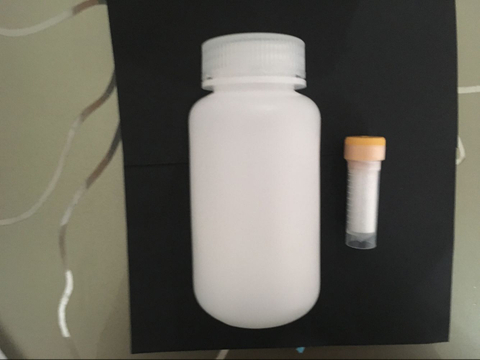 Recombinant Protein
Recombinant Protein 











